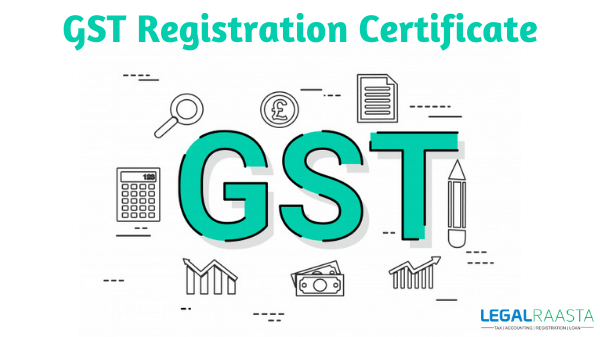Understanding the Benefits of the Best GST Registration Services in Singapore
From Start to End Up: The Ultimate Roadmap to GST Enrollment for Businesses Seeking Financial Security
Navigating the complexities of Product and Services Tax (GST) enrollment is an important action for businesses aiming for economic stability. From comprehending the basic principles of GST to adhering to post-registration guidelines, the process can appear intimidating initially look. Nonetheless, damaging down the roadmap into manageable actions can simplify the registration trip for businesses seeking to enhance their financial standing. Let's check out the important parts that comprise this best roadmap and uncover how each stage contributes to laying a solid foundation for financial success.
Understanding GST Fundamentals
Digging right into the basic principles of Item and Solutions Tax (GST) is crucial for getting an extensive understanding of its implications on businesses and the economy. GST is a value-added tax levied on the majority of goods and services for domestic intake. It has actually replaced numerous indirect tax obligations that existed in the pre-GST age, streamlining the tax obligation structure and improving ease of doing business in India. Under the GST system, both goods and services are tired at a particular price, which is established based upon their category. If their annual turn over exceeds the threshold limitation set by the government, services are required to register for GST. Input Tax Credit (ITC) is a substantial feature of GST, enabling services to declare credit rating for tax obligations paid on inputs, decreasing the general tax burden. Understanding the fundamentals of GST is important for companies to abide by tax obligation policies, manage their finances effectively, and contribute to the country's financial development by taking part in a transparent tax obligation system.
Eligibility Requirements for Registration
As of the present regulations, the threshold restriction for GST enrollment is an annual accumulation turn over of 40 lakhs for services operating within a state, other than for special group states where the limit is 20 lakhs. In addition, specific businesses are needed to register for GST regardless of their turn over, such as interstate vendors, casual taxed persons, and companies accountable to pay tax under the reverse fee device. It is important for businesses to completely assess their turn over and deal kinds to determine their GST enrollment responsibilities properly.
Documents Required for Registration
Having actually met the eligibility requirements for GST enrollment, organizations should now guarantee they have the requisite papers in area to wage the registration process successfully. The documents required for GST registration commonly include evidence of service constitution, such as partnership action, enrollment certification, or consolidation certificate for various sorts of services. In addition, services require to offer papers establishing the primary business, such as a rental contract or electrical energy costs. Frying pan card of the service, in addition to the identity and address proof of promoters/partners/directors, are necessary for confirmation objectives. Financial institution account declarations, in addition to terminated cheques or a duplicate of the bank passbook, are needed to confirm the economic information given during registration. Services need to have electronic trademarks ready for the accredited signatory. Making sure all these files are arranged and conveniently offered will certainly quicken the GST registration procedure, making it possible for companies to adhere to tax obligation laws effortlessly.
Step-by-Step Registration Process
Starting the GST registration process includes a collection of structured steps to make certain a seamless and certified registration for services. The primary step is to see the GST portal and fill up next page out the enrollment kind with precise information of business entity. Following this, the applicant receives a Short-lived Reference Number (TRN) which is utilized to return to the application procedure if it's not finished in one go.
Following, all called for documents as per the checklist supplied by the GST portal demand to be uploaded. These files commonly consist of evidence of business registration, identity and address proofs of promoters, monetary statements, and company entity's PAN card.

Post-Registration Compliance Guidelines

Verdict
Finally, businesses seeking economic security needs to comprehend the basics of GST, meet qualification standards, collect required documents, follow the detailed enrollment process, and comply with post-registration standards - Best GST registration services in pop over here Singapore. By sticking to these steps, businesses can ensure conformity with tax obligation guidelines and preserve financial security in the lengthy run
Furthermore, certain services are needed to register for GST regardless of their turnover, such as interstate suppliers, informal taxable individuals, and organizations accountable to pay tax under the reverse fee system.Having met the qualification requirements for GST registration, companies need to now ensure they have the requisite documents in location to proceed with the registration procedure successfully. The documents needed for GST enrollment generally include evidence of organization constitution, such as partnership deed, registration certification, or consolidation certification for different kinds of organizations. Additionally, businesses require to provide documents developing the principal place of organization, such as a rental contract or electricity expense.Beginning the GST enrollment process includes a collection of structured steps to make certain a seamless and certified enrollment for businesses.